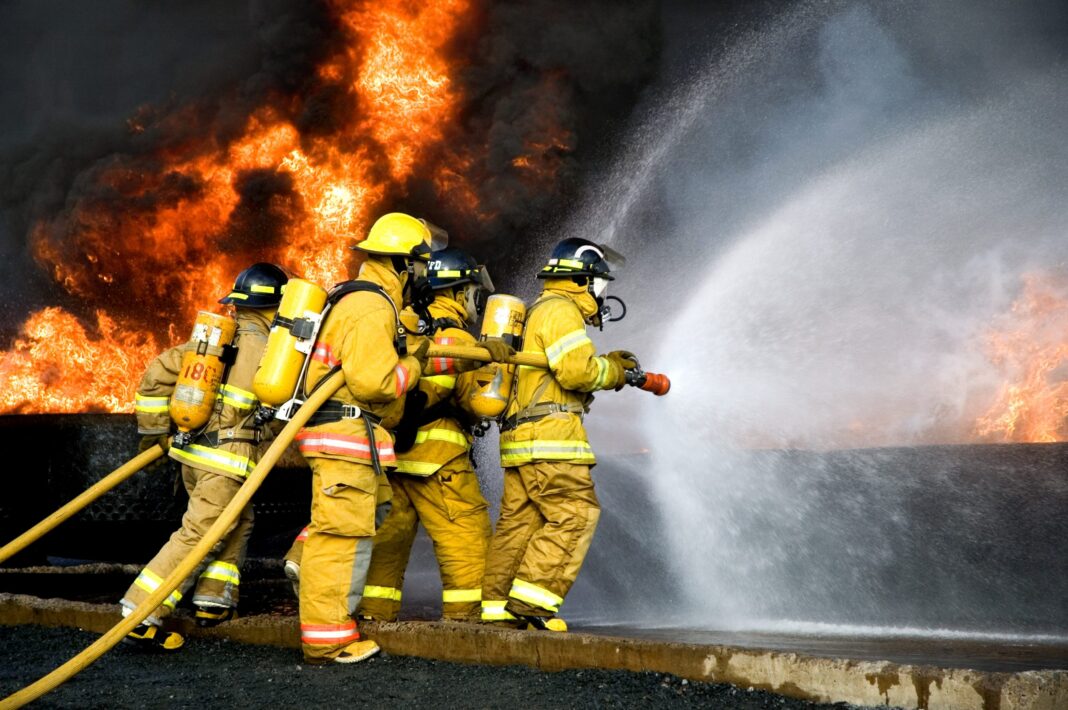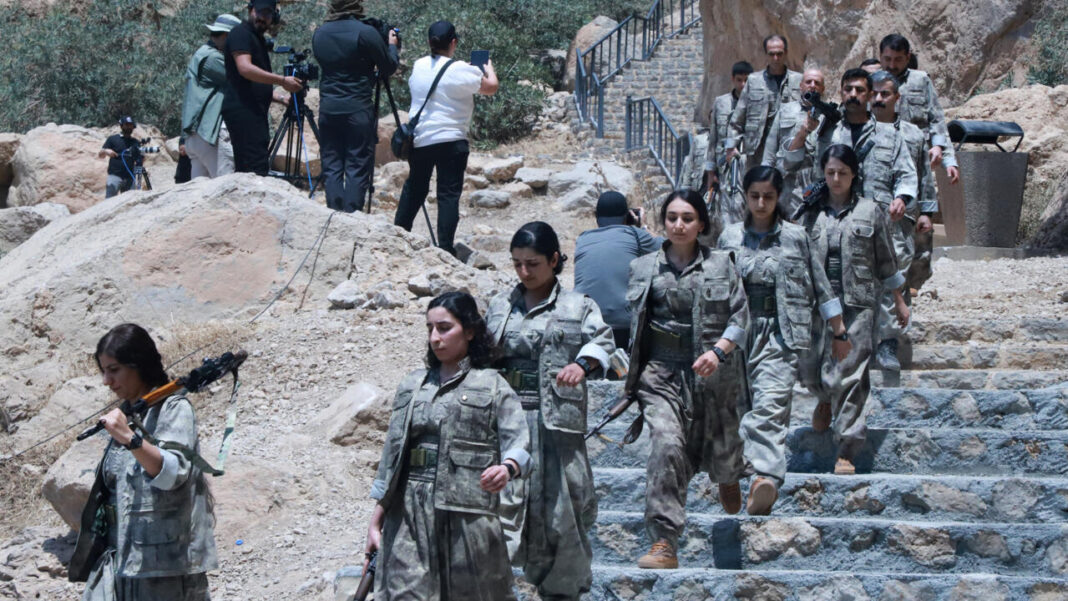Iraq firefighting aid mission is underway to help Syria in its battle against escalating wildfires. The Iraqi Interior Ministry has ordered 20 firefighting teams to assist Syria’s efforts in Latakia governorate. These wildfires have ravaged large areas of forested land and threaten populated regions.
This deployment reflects a strong gesture of regional cooperation and humanitarian support. Iraq’s Civil Defense Directorate confirmed that the teams include both specialized responders and water tanker units. They are fully equipped to help contain the expanding fire zones.
In line with this, Major General Hassan Ibrahim, head of Civil Defense in Rusafa, said the mission shows national responsibility. He called it a humanitarian response to assist Syria, Iraq’s close neighbor. Moreover, it aims to reduce the serious human and environmental damages caused by the fires.
Additionally, Nawas Sabah, the Directorate’s media official, announced that the teams are now ready. The final preparations are in progress. After finalizing logistics, the deployment will begin within hours. These steps ensure smooth coordination across the border.
Meanwhile, Latakia is facing intense heat and rapidly spreading fires. Since the wildfires erupted, areas such as Jabal al-Turkman have seen widespread destruction. The Syrian government has requested assistance to manage this emergency. Therefore, Iraq’s timely action stands out as crucial.
Furthermore, Iraq firefighting aid mission highlights the strength of regional solidarity. The support shows how neighboring countries can unite during environmental disasters. Every effort is being made to reduce loss and restore safety.
As the teams prepare to leave, this action underlines Iraq’s role as a responsible regional partner. This mission not only boosts firefighting resources but also builds trust and cooperation between nations.
Indeed, Iraq firefighting aid mission reinforces shared responsibility during natural disasters. Iraq’s swift response might prevent more devastation and save lives. With such joint efforts, cross-border emergency coordination continues to evolve.



